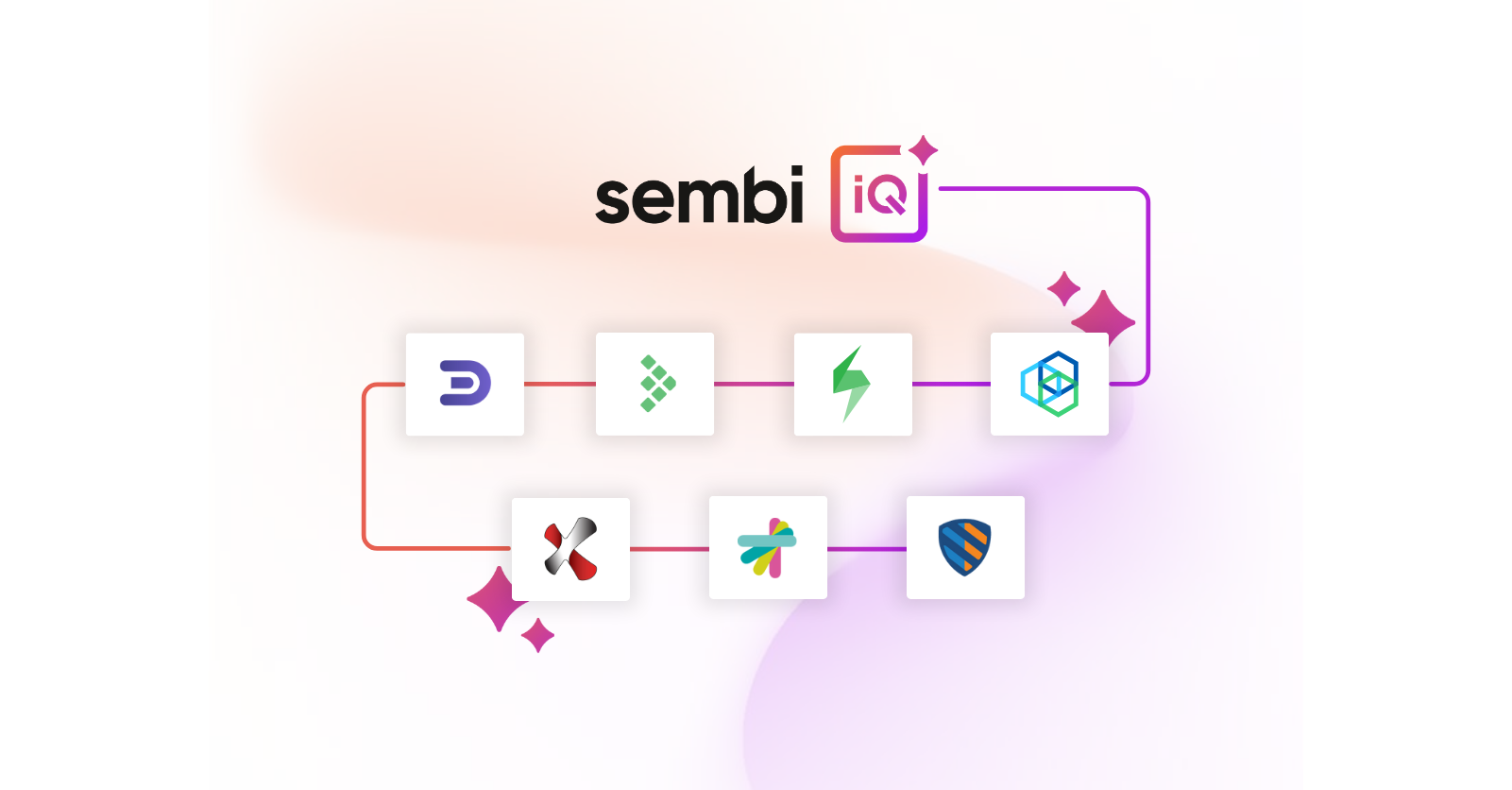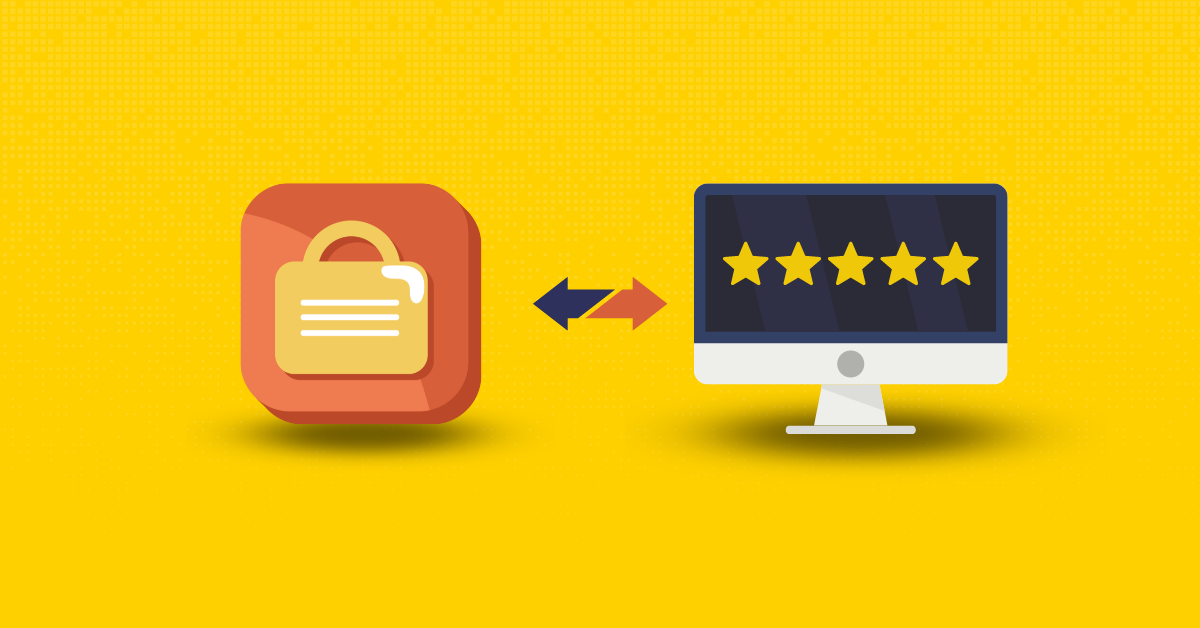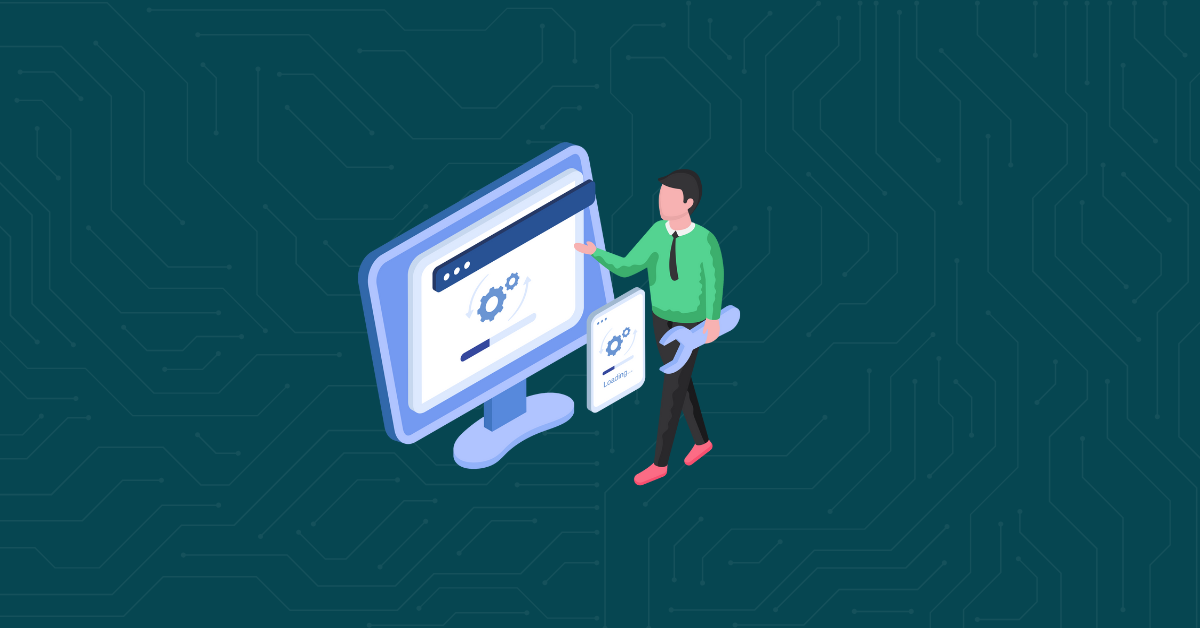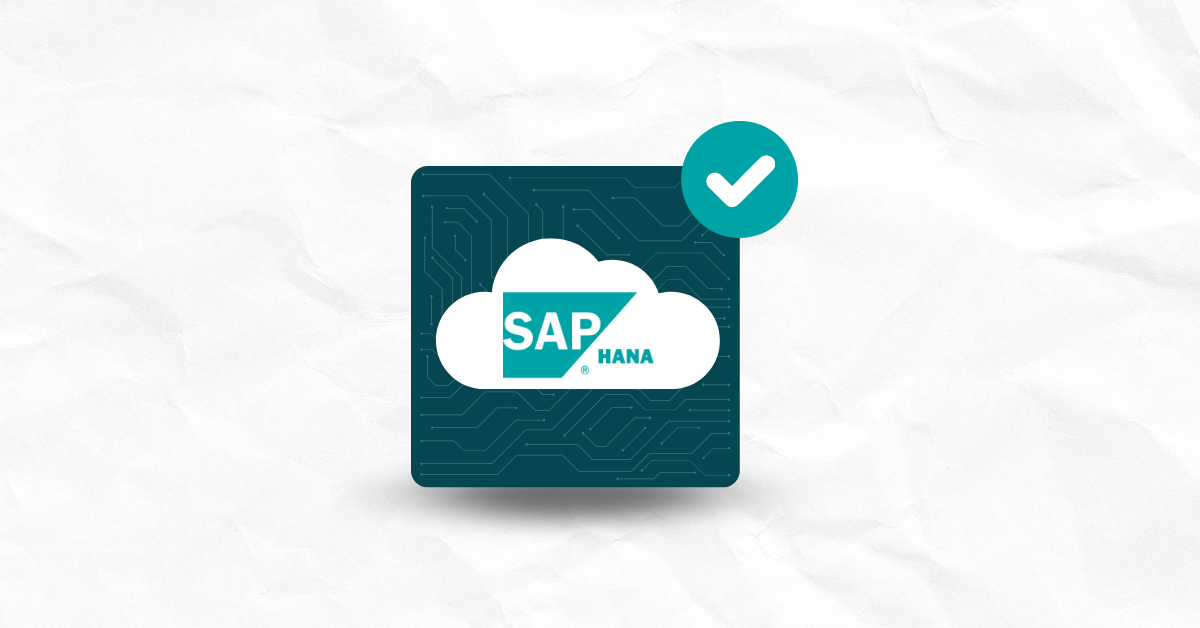

According to a report by IBM, the average data breach cost is a staggering $4.88 million US dollars. As a result, more than 50% of companies have increased their app security investments, realizing the urgent need to minimize the risk of a potential breach. Failure to invest in cybersecurity can increase the likelihood of experiencing negative consequences of cybercrime attacks, such as data loss, data theft, lawsuits, and fines, which can be very expensive.
While the financial risks of a data breach are high, the reputation risks are even worse. Companies that fail to invest in cybersecurity and fall victim to hacking may never regain the trust of consumers and business partners, resulting in a lower bottom line. Read on to learn more about the companies that never recovered from data breaches, how data breaches affect perceptions, and how Kiuwan can help protect your company from threat actors.
Several companies have suffered reputation loss due to neglecting app security. These include the following.
In 2013 and 2014, Yahoo experienced two data breaches that affected over 3 billion user accounts. A broad range of sensitive information, including names, phone numbers, email addresses, encrypted passwords, and birth dates, was exposed, intensifying anxieties surrounding cybersecurity and data privacy.
Due to the scale of these data breaches, Yahoo’s reputation took a significant hit. The company faced legal repercussions and, eventually, decided to sell its core internet business to Verizon. Yahoo also witnessed a decline in its value during its acquisition by Verizon.
In 2017, the credit reporting agency Equifax suffered a massive data breach that exposed the sensitive information of nearly 147 million consumers.
Like Yahoo, Equifax faced severe backlash for its lax approach to cybersecurity. Many consumers lost trust in Equifax and sued the company for losses related to the data breach. While Equifax is still in operation, the incident had a lasting impact on customer trust and shareholder confidence, leading to a substantial drop in Equifax’s stock value.
In 2018, the Mariott International hotel chain was hacked by threat actors. Up to 500 million guests’ personal data was stolen, including credit cards, passport numbers, names, and addresses stretching back to 2014. As in the other cases, this prompted dissatisfied customers to sue Mariott International for losses related to their stolen data. After announcing the data breach, the hotel chain also witnessed an 8.7% share drop.
As these examples prove, data breaches can significantly impact how customers view a business. This can lead to lawsuits that can severely damage the business’s financial performance, hinder its ability to attract and retain clients and lower its stock market value.
Recent studies underscore this reality, revealing that cybersecurity lapses can lead to adverse consequences for companies. For example, a report from Forbes Insights reveals that nearly 50% of all organizations that suffer data breaches also damage their corporate brand and that data loss is the “fourth most common threat to reputation.”
Delving further into consumer behavior post-breach, research by payment security business, PCI Pal, 62% of Americans and 44% of Brits report that they will stop spending with a brand for several months after a breach or hack. Although they are less prone to react, Brits who do react are more likely to hold onto negative perceptions than American consumers. The study suggests that 21% of Americans and 41% of Brits never return to a brand after a hack.
Building on these insights, a survey of 10,000 consumers conducted by the Harris Poll for IBM revealed that 78% of U.S. respondents said that an organization’s ability to keep their data private is “extremely important” and that only 20% “completely trust” companies to maintain their data privacy. The survey also revealed the following:
How brands address grievances after a breach also affects how much reputational damage a brand suffers after a data breach. According to the 2019 paper “Strategic Marketing and Cybersecurity: The Case of Data Breaches,” how a business responds to a data breach can further damage or protect its brand. Companies that prioritize stock value over the customer experience of those whose data has been compromised. Failing to acknowledge and help victims can further damage the business’ brand.
Adopting a comprehensive app security process is the best way to maintain your cybersecurity stance and brand reputation. Such a process can formalize best practices for building secure apps, scan existing software and modules for security gaps, and bake cybersecurity concerns into every step of the software development lifecycle.
For example, you can:
Besides identifying and fixing vulnerabilities fast, we can help you comply with security standards. To learn more about adopting a comprehensive app security process, request a free trial of Kiuwan today, or click the link below for a free demo!


